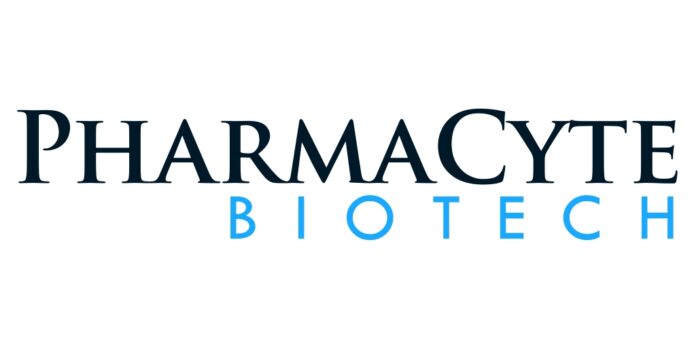LAS VEGAS– PharmaCyte Biotech, Inc. (NASDAQ: PMCB), a biotechnology company focused on developing cellular therapies for cancer and diabetes using its signature live-cell encapsulation technology, Cell-in-a-Box®, today provided an update on PharmaCyte’s activities to lift the U.S. Food and Drug Administration’s (FDA) clinical hold on PharmaCyte’s treatment for locally advanced, inoperable pancreatic cancer (LAPC). After submission of an initial Investigational New Drug Application (IND), the FDA requested additional studies and information as a prerequisite for approval of PharmaCyte’s IND. A number of additional studies and assays have already been completed; several others are quite lengthy and are underway or are slated to begin soon. As each study and assay is completed, the results are being compiled and will make up PharmaCyte’s complete IND submission package to the FDA.
PharmaCyte’s Chief Executive Officer, Kenneth L. Waggoner, explained, “Given our treatment is a biologic and our technology is a one of a kind live-cell encapsulation, we completely understand the FDA’s need for more information. We are confident that with the data we’re producing in our additional studies and assays that the FDA will grant us an open IND just as the FDA granted us the Orphan Drug Designation for our treatment for LAPC.
“Last June, we provided an update on efforts being made by our team of regulatory and scientific experts that are addressing the FDA’s requirements to have the clinical hold lifted. Today, we would like to update that list and explain where we are in the process of delivering our updated IND package to the FDA. We have brought additional regulatory and scientific experts onboard the team, and we continue to engage closely with leading Contract Research Organizations (CROs) and our partner Austrianova to ensure a successful IND submission.
“We also want to make it clear that PharmaCyte and its service providers are under the same constraints as everyone else globally with supply chain issues, Covid related delays, and late delivery of materials that are needed to complete studies and assays required by the FDA. This also applies to the manufacturing of empty capsules and encapsulated live cells that are necessary to complete many of these required studies and assays. Moreover, many of the laboratories that are conducting our studies and assays are being met with long delays in receiving the consumables needed to conduct the specific studies for which they are responsible. So, we’re at the mercy of what is a global problem, which obviously makes it more difficult to offer any accurate timelines for completion of the FDA required assays and studies.”


